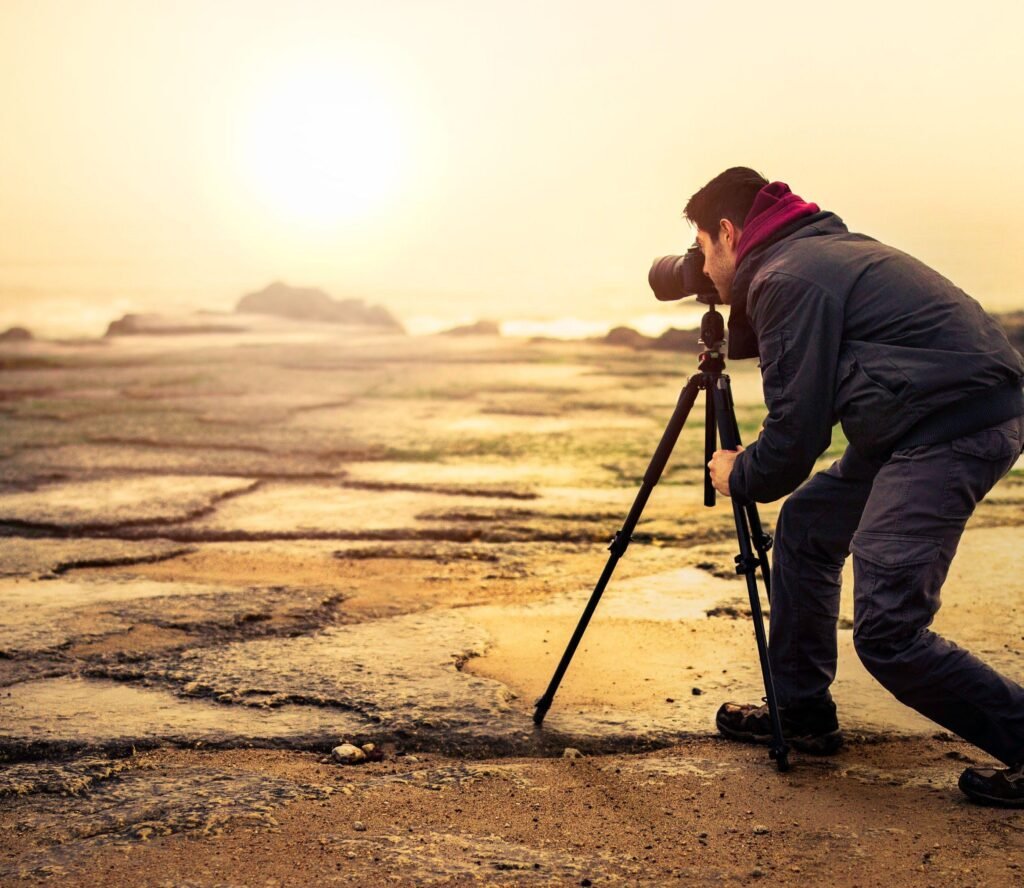
Great photography isn’t just about pressing a shutter—it’s about seeing the world differently, capturing emotion, and using light, composition, and technique to make your images speak. Whether you’re already snapping shots or just picked up a camera, a Master Photography Course can help you turn everyday photos into extraordinary visual narratives.
Here’s what to expect from a master-level program, who it’s for, and why now’s the perfect time to commit to your creative growth.
What Is a Master Photography Course?
A master photography course is a comprehensive, expert-led program designed to build advanced-level knowledge in photography—from technical camera control to artistic direction and editing.
It typically covers both theory and practice, allowing you to refine your style while mastering the skills needed to shoot like a professional.
These courses may be offered online, in-person, or in hybrid formats, and are suitable for:
- Aspiring professional photographers
- Experienced hobbyists
- Visual artists and creatives
- Influencers, bloggers, and brand builders
- Content creators looking to boost visual storytelling
What You’ll Learn in a Master Photography Program
Whether you’re working with natural light or studio strobes, full-frame cameras or smartphones, these are the core skills most master courses include:
📸 Camera Mastery
- Manual mode (ISO, aperture, shutter speed)
- Lens selection and depth of field
- White balance and metering modes
- Autofocus systems and shooting modes
💡 Lighting Techniques
- Natural vs. artificial light
- Golden hour vs. harsh light management
- Flash and strobe lighting setups
- Light modifiers (softboxes, reflectors, diffusers)
🎨 Composition and Style
- Rule of thirds, symmetry, leading lines
- Framing and visual storytelling
- Color theory and emotion
- Developing your unique aesthetic
🖥️ Post-Production and Editing
- Adobe Lightroom and Photoshop workflows
- RAW processing and color correction
- Retouching techniques
- Creating photo presets and styles
🧠 Creative Thinking and Portfolio Building
- Project planning and creative briefs
- Telling stories through photo series
- Building a cohesive, professional portfolio
- Understanding genres (portrait, landscape, street, fashion, product)
💼 Business & Professional Development
- How to price your work and get clients
- Building a personal brand and online presence
- Licensing, contracts, and copyright essentials
- Social media and digital marketing for photographers
Top Platforms Offering Master Photography Courses
🎓 MasterClass – Annie Leibovitz Teaches Photography
- Focus: Artistic development and portraiture
- Best for: Creative inspiration and storytelling insights
💻 The School of Photography (UK)
- Offers: Complete Masterclass program with certifications
- Includes: Lifetime access, structured modules, live feedback
💼 NYIP – New York Institute of Photography
- Format: Online, accredited, self-paced
- Known for: Technical rigor and career readiness
📱 Domestika / Skillshare / Udemy
- Bite-sized masterclasses by industry experts
- Topics range from studio lighting to niche aesthetics
- Best for: Affordability, niche specialties, global instructors
What You Need to Get Started
- A DSLR or mirrorless camera (though some courses now include smartphone modules)
- Basic familiarity with your gear (but no pro experience required)
- Lightroom or Photoshop access for editing practice
- A drive to experiment, create, and see differently
Pro tip: Don’t wait to feel “ready.” A good master course meets you where you are and builds your skill set through hands-on learning.
Is a Master Photography Course Worth It?
If you’re serious about photography—either as a passion, side hustle, or career—then yes. You’ll gain:
- Technical control over your craft
- Confidence in both shooting and editing
- A stronger creative voice
- Portfolio-ready images that can attract clients or grow a following
And perhaps most importantly: you’ll learn to shoot with purpose, not just instinct.
Final Thought: Make Every Shot Count
Photography is equal parts art, science, and soul. A master photography course doesn’t just teach you how to use a camera—it teaches you how to see through one.
Whether you’re capturing weddings, creating editorial work, or just documenting your everyday, investing in your growth as a photographer is one of the most rewarding steps you can take.
Author: AI Generated